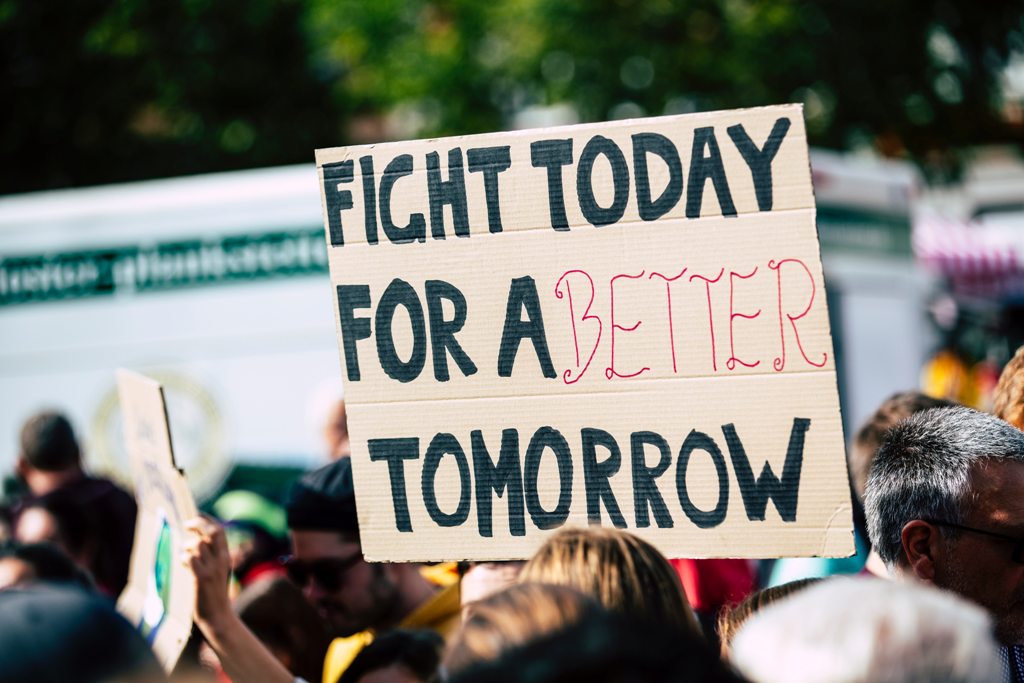 Reflecting on my recent experiences, I am reminded of the importance of activism in bringing about social and environmental change. According to the dictionary, activism is defined as “a policy or action of using vigorous campaigning to bring about political and social change.” In today’s world, social media has become a powerful tool for activism, allowing individuals to raise awareness and mobilize support for various causes.
Reflecting on my recent experiences, I am reminded of the importance of activism in bringing about social and environmental change. According to the dictionary, activism is defined as “a policy or action of using vigorous campaigning to bring about political and social change.” In today’s world, social media has become a powerful tool for activism, allowing individuals to raise awareness and mobilize support for various causes.My own journey into activism began when I volunteered at a homeless shelter in America. What struck me was the sense of sanctuary that the shelter provided for women, a safe haven where they could access food, support, and resources. However, this sense of security was shattered when I witnessed a disturbing incident involving an elderly mother and her daughter, highlighting the harsh realities faced by marginalized communities.
This experience sparked a sense of urgency within me, and I began to explore the intersections between social justice and environmental degradation. The readings from this week’s discussion highlighted the connections between the exploitation of women’s bodies and the degradation of the natural environment. Ivone Gebara’s discussion of the patriarchal and colonial systems that perpetuate these injustices resonated deeply with me.
The experiences of marginalized communities, particularly women and children, are marked by material deprivation, cultural loss, and environmental degradation. The intersectionality of social, economic, and environmental factors disproportionately affects these communities, perpetuating cycles of poverty and injustice.
However, there is hope. Social media activism has the power to influence politics and social justice, providing a platform for marginalized voices to be heard. As Wangari Maathai emphasized, speaking truth to power and challenging the systems that perpetuate injustice is crucial for creating change.
In conclusion, I have learned that social media activism is a vital tool for highlighting democratic information around politics and social justice worldwide. As more than half of young people are on social media, this activism has the potential to mobilize support and create meaningful change.
As we move forward, it is essential that we work together to address the interconnected issues of women’s oppression and environmental degradation. By challenging the systems that perpetuate these injustices and amplifying marginalized voices, we can create a more just and equitable world for all.
As I delve into the world of social media marketing, I’m struck by the numerous examples of successful campaigns that have captivated audiences and driven engagement. To follow in their footsteps, it’s essential to understand the key elements that make social media campaigns thrive.
At the heart of every successful social media campaign lies creativity, engagement, and authenticity. Take, for instance, the importance of clearly defining your objectives and understanding your target audience. By knowing your audience inside out, you can create novel content that resonates with them.
Authenticity is also crucial. Rather than trying to manipulate or deceive your audience, focus on creating genuine connections. Engage with your audience by responding to comments, using social listening tools, and interacting with them in real-time.
One successful social media campaign strategy is partnering with influencers who align with your brand values and target audience. I’ve personally experienced the impact of such partnerships, where collaborating with influencers has not only increased brand awareness but also driven engagement and conversions.
By collaborating with influencers who share your brand’s vision and values, you can tap into their existing audience and create content that resonates with them. This approach has been particularly effective for brands looking to increase their online presence and reach new customers.
Successful social media campaigns are built on the principles of creativity, engagement, and authenticity. By understanding your target audience, creating novel content, and engaging with your audience, you can drive meaningful connections and conversions. Influencer partnerships are just one example of a winning strategy that can help you achieve your social media goals.
THE PICTURE I TOOK FROM https://www.aristotle.com/blog/2024/01/advocacy-vs-activism-differences-similarities-and-nuances/
References
Gebara, I. (n.d.). A Latin American perspective.
Correa, T. (n.d.). Brazilian slum children who are literally swimming in garbage.
Maathai, W. (2015). Speak the truth. In Gendered impact series (5): Violence against the land.
